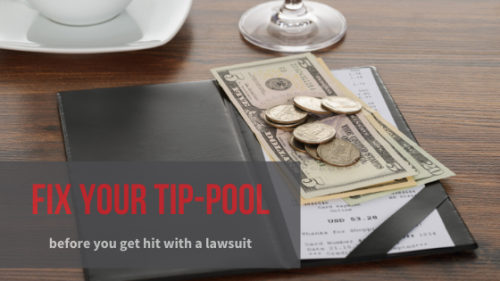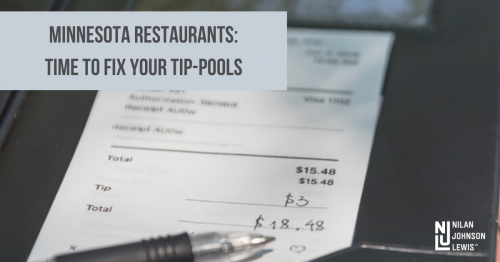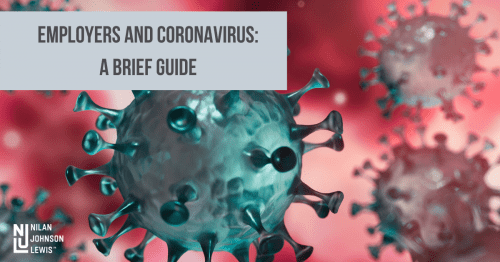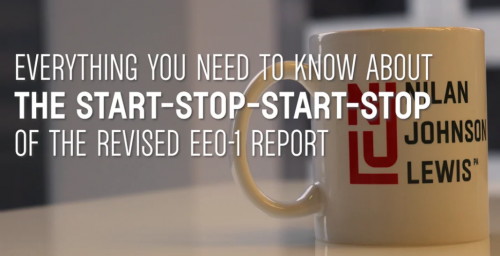Posted March 25, 2020 with Tags Nonprofits, COVID-19
Can Nonprofits Use Their Endowment Funds to Assist Communities in the wake of COVID-19?
As the COVID-19 pandemic continues to impact all corners of life both locally and nationally, we have received questions from our nonprofit clients regarding the use of their endowment funds to help support their targeted communities. In addition to a quick review of Minnesota’s endowment fund law, we provide some action items to consider when faced with these spending decisions.

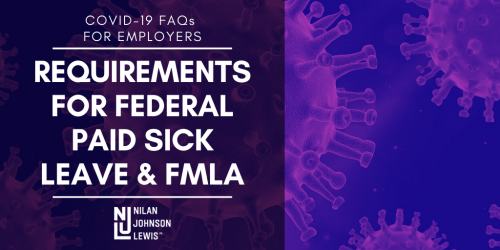
![[UPDATED MARCH 18] Employers Ask: Can We Check All Employees for a Fever Before They Walk in the Door? Newsroom image for the post [UPDATED MARCH 18] Employers Ask: Can We Check All Employees for a Fever Before They Walk in the Door?](https://nilanjohnson.com/wp-content/uploads/2020/03/shutterstock_1497587222-1-500x415.jpg)
